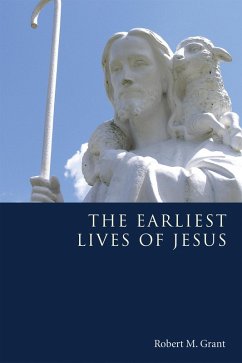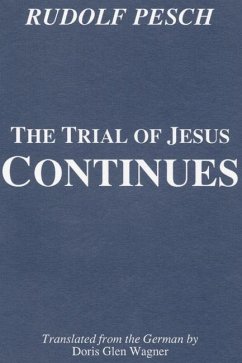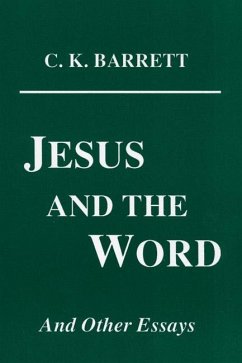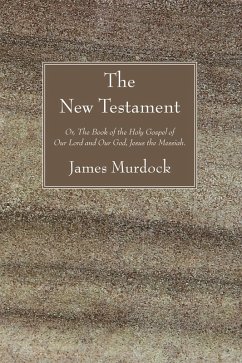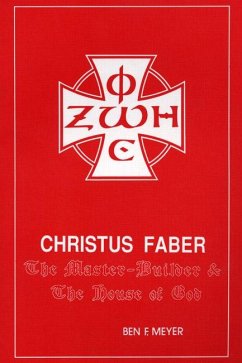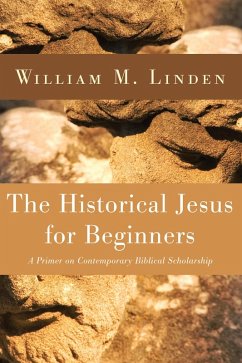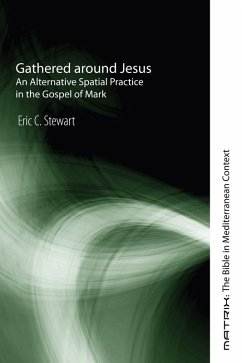
Gathered around Jesus (eBook, PDF)
An Alternative Spatial Practice in the Gospel of Mark
Versandkostenfrei!
Sofort per Download lieferbar
16,95 €
inkl. MwSt.
Weitere Ausgaben:

PAYBACK Punkte
8 °P sammeln!
Modern theorists are virtually united in understanding that space encodes social practices and power relations. Those who control space exert their control by means of particular spatial practices. Models of critical spatiality, such as that of territoriality, show how social relationships are predominant in the classification, communication, and control of space. Space is seen as a relational category rather than an absolute category. In this innovative study, Stewart addresses Mark's editorial and/or compositional control over the geographic presentation of Jesus's ministry. He makes the cas...
Modern theorists are virtually united in understanding that space encodes social practices and power relations. Those who control space exert their control by means of particular spatial practices. Models of critical spatiality, such as that of territoriality, show how social relationships are predominant in the classification, communication, and control of space. Space is seen as a relational category rather than an absolute category. In this innovative study, Stewart addresses Mark's editorial and/or compositional control over the geographic presentation of Jesus's ministry. He makes the case that Mark presents the world spatially in a manner widely consistent with geographic traditions found in Greek and Roman texts. In Mark, Stewart argues, Jesus offers an alternative spatial practice, one that is centered on himself. The kingdom of God exists spatially in the area around Jesus in which the new community "gathers."
Dieser Download kann aus rechtlichen Gründen nur mit Rechnungsadresse in A, D ausgeliefert werden.




